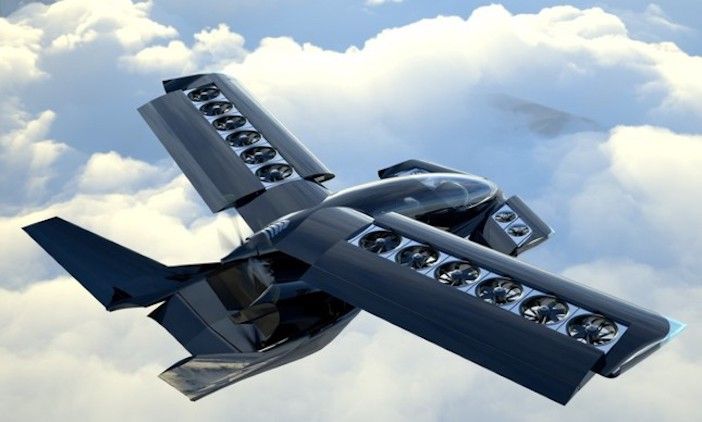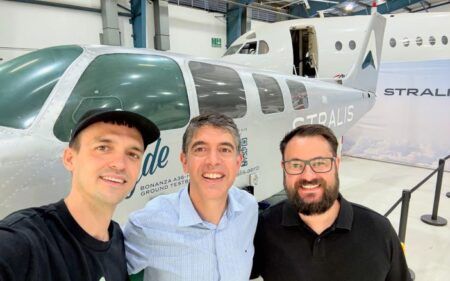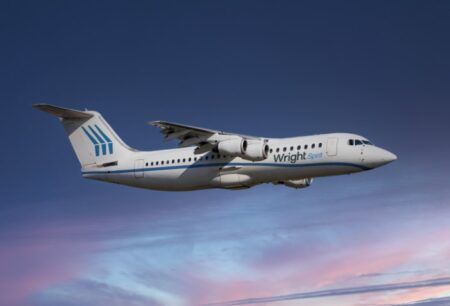The CEO of a Canadian-company developing a hybrid-electric eVTOL has said that the battery technology being used by some of his competitor companies make it “impossible” for the new type of aircraft to be economically viable.
Brandon Robinson, CEO and co-Founder of Ontario-based Horizon Aircraft said, “eVTOLs need to be safe, affordable, and have an operational cost structure that makes them economically viable. The batteries used by some eVTOL aircraft will make this impossible to achieve.
“The type of batteries used by eVTOL aircraft will also impact what vertiports they can use. One of the biggest operational barriers to deploying a VTOL fleet in cities is finding sufficient locations to place landing pads, and the facilities needed to recharge and service aircraft.
“eVTOL aircraft with heavy batteries or ones that take too long to recharge will have access to fewer vertiports.
According to Horizon, some of the batteries being used are too heavy for long-range commutes with charging times that are too slow to support the number of flights required and too short a lifecycle. Many prototypes currently under development use advanced, high energy density variants. But the company argues that these lighter batteries can be damaged easily, increasing the rate at which they need to be replaced, which will increase costs.
Horizon Aircraft, which was founded in 2008, is developing the hybrid-electric Cavorite X5 to have an estimated top speed of 450 km/h (280mph) with a 500km (310 miles) range and a five passenger capacity. The Cavorite X5 uses a patented fan-in-wing technology that allows it to fly horizontally like a normal aircraft.
According to reports, engineers at Horizon are working on a 1:6 scale prototype of the X5 and will then develop a half-scale version during the next year. The X5 builds on technology developed for two previous aircraft by Horizon, a Seabee seaplane converted with a V8 GM Corvette LS-series engine and its successor X3 aircraft.
The Cavorite X5 is intended to fly most of its mission exactly like a normal aircraft and uses batteries that weigh 200kg as part of a hybrid-electric propulsion system. Some high-profile eVTOL developers, such as Joby Aviation, are using batteries that will weigh up to 600kg, and have a range of between 100km and 200 km, says Horizon.
Horizon Aircraft was bought by USA-based autonomous aircraft developer Astro Aerospace last month, with the acquisition expected to close by July this year.
The Canadian company is not the only aerospace firm that is backing hybrid propulsion technology for regional aircraft as a way to bridge the gap before battery technology advances further.
Former-Airbus CTO Jean Botti’s French company Volt-Aero is amongst the most-advanced hybrid-electric aircraft development projects with its Cassio aircraft – read a Q&A discussing the technology and Cassio or listen to the podcast here.





